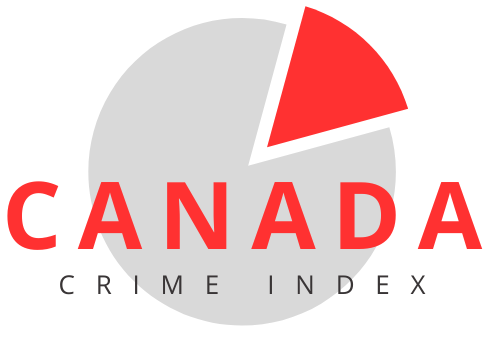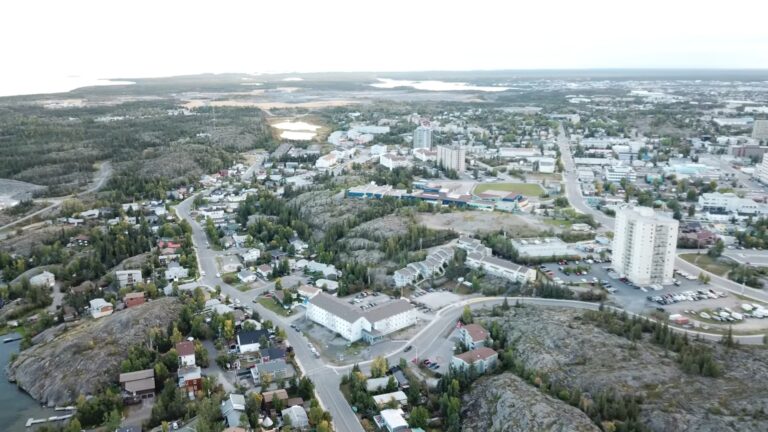In 2024, the Northwest Territories continues to uphold its commitment to fair labor practices by maintaining a competitive minimum wage.
- Budgeting
- Payroll
- Overall economic stability
It serves to create the economic habitat that will ensure future growth.
But I must say that the case of the minimum wage NWT is specific.
Let us talk about it in greater detail.
Table of Contents
ToggleCurrent Minimum Wage in Northwest Territories
As of 2023, the Northwest Territories minimum wage is $16.05 per hour. However, beginning on September 1, 2024, the minimum wage NWT increase will touch $16.70 per hour, as stated by the local government.
The update represents a proactive step by the government to help workers keep pace with the rising cost of living while maintaining a competitive wage structure within the broader Canadian context.
Compared to other Canadian territories and provinces, the minimum wage in the NWT is relatively high. For instance, Alberta’s minimum wage currently sits at $15.00 per hour, while Yukon and Nunavut have set theirs at $16.77 and $16.00 per hour, respectively.
The alignment of minimum wage NWT with these jurisdictions highlights the territory’s commitment to ensuring that workers are compensated fairly, particularly in a region where the cost of living can be significantly higher than the national average.
An increase also positions the NWT among the higher minimum wage jurisdictions in Canada, reflecting the economic conditions and cost structures in the northern territories.
Calculation and Adjustment Method
The process for determining the minimum wage in the Northwest Territories is methodical and formula-driven, ensuring that adjustments are both fair and reflective of the economic realities faced by workers and businesses alike.
The formula primarily considers two key factors: the Consumer Price Index (CPI) for Yellowknife and the average hourly wage (AHW) in the NWT.
The CPI is a critical measure as it tracks the changes in the cost of a basket of goods and services typically purchased by households.
According to the NWT Bureau of Statistics, the cost of basket of goods on an annual level in the Northwest Territories is:
| Region | Total | Clothing | Food | Shelter | Transportation | Other |
|---|---|---|---|---|---|---|
| Beaufort Delta | $80,064 | $4,361 | $22,679 | $23,590 | $7,093 | $22,340 |
| Sahtu | $81,150 | $4,111 | $24,839 | $20,971 | $7,476 | $23,752 |
| Tłįchǫ | $65,957 | $3,706 | $18,306 | $18,976 | $6,431 | $18,538 |
| Dehcho | $69,657 | $4,099 | $19,228 | $20,068 | $6,714 | $19,548 |
| South Slave | $65,967 | $3,843 | $17,680 | $20,093 | $6,168 | $18,182 |
| Yellowknife | $66,991 | $3,508 | $13,969 | $28,156 | $6,223 | $15,136 |
By linking the minimum wage to the CPI, the government ensures that wage increases correspond to the rising costs faced by workers, thereby helping to maintain their purchasing power.
The AHW provides insight into the broader wage trends in the territory, allowing the minimum wage to be adjusted in line with general wage growth.
The annual adjustment process is designed to be predictable, providing both workers and businesses with a clear understanding of future wage expectations.
The 4% increase from the 2023 minimum wage is a direct result of applying this formula. It reflects the economic conditions over the past year, including inflation and wage trends, and ensures that the minimum wage remains a relevant and effective tool for supporting workers in the NWT.
Interesting Fact: The hourly wages in Canada have been practically untouched since the 1970s, as pointed out by a report cited by GlobalNews.
Recent Changes
The history of minimum wage adjustments in the Northwest Territories reveals a consistent effort by the government to align wages with the evolving economic landscape.
- 2020 – $13.46
- 2021 – $15.20
- 2022 – $15.20
- 2023 – $16.05
In 2023, the minimum wage saw a significant increase of 5.6%, which was one of the largest adjustments in recent years.
The increase was driven by heightened inflationary pressures and the need to ensure that workers’ wages kept pace with the rising cost of living.
The introduction of a formula-driven approach to wage determination in 2022 marked a pivotal shift in how the minimum wage NWT is calculated.
Before this, adjustments were often ad hoc and could vary significantly from year to year based on government decisions.
The new approach brought a level of transparency and consistency to the process, ensuring that wage increases were systematically linked to economic indicators such as the CPI and AHW.
As the cost of living in the NWT has risen, particularly due to its remote location and the higher cost of goods and services, there has been a corresponding need to adjust wages more frequently and significantly.
Impact on Workers and Businesses
The increase in the minimum wage NWT to $16.70 per hour brings numerous benefits to workers, particularly those in lower-wage jobs.
For many, this increase is essential in helping them manage the high cost of living in the region.
With the cost of necessities such as housing, food, and transportation often higher than in other parts of Canada, a higher minimum wage helps to ensure that workers can meet their basic needs without undue financial strain.
It should be said that the cost of living in the province is 37% higher than the national average.
For businesses, the predictability of the wage increase process is a significant advantage.
The stability allows for better budgeting and financial planning, reducing the likelihood of sudden cost shocks that could disrupt operations.
Businesses benefit from a more motivated and financially secure workforce, which can lead to increased productivity and lower turnover rates.
The government’s approach to balancing the needs of both workers and businesses is evident in the careful calibration of the minimum wage.
- 32% of Canadian companies report that mandatory minimal salaries per hour result in increased salaries across the entire company, not just for minimum wage workers.
- 59% of job seekers would consider quitting if they found out an entry-level employee earned the same as a more senior employee following an increase.
- 85% of companies and 90% of job seekers agree that it should keep up with inflation rates.
- 85% of job seekers believe that minimum wage hikes help the personal finances of workers in the long run.
- 19% of businesses say they will use more automation or AI due to upcoming minimum wage hikes.
- 17% plan to decrease employee work hours.
- 14% may reduce their workforce, and another 14% may outsource more work.
- 66% of job seekers are concerned that minimum wage workers need to worry about job security as a result of automatic wage increases.
We can easily apply most of these to Northwestern Territories.
Broader Context in Canada
When examining the broader context of minimum wage rates across Canada, it becomes clear that the Northwest Territories’ approach is both competitive and tailored to the economic conditions of the region.
While other provinces and territories also adjust their minimum wages periodically, the minimum wage NWT formula-driven method ensures that these adjustments are closely aligned with local economic indicators.
The best for you to see the whole context is to compare the minimum wage rates in different provinces:
| Province/Territory | Min Wage |
|---|---|
| Alberta | $15.00 |
| British Columbia | $17.40 |
| Manitoba | $15.30; min wage increase to $15.80 |
| New Brunswick | $15.30 |
| Newfoundland & Labrador | $15.60 |
| Nova Scotia | $15.20 |
| Nunavut | $19.00 |
| Ontario | $16.55; min wage increase to $17.20 |
| Prince Edward Island | $15.40 |
| Quebec | $15.75 |
| Saskatchewan | $14.00; min wage increase to $15.00 |
| Yukon | $17.59 |
For instance, provinces like Manitoba and Ontario set their minimum wages based on a combination of political decisions and economic factors, but they may not have as transparent or predictable a formula as the NWT.
The NWT’s method, by contrast, provides a clear and consistent framework for adjustments, which can serve as a model for other jurisdictions.
It aligns closely with the approaches taken by other northern territories, such as Yukon and Nunavut, where the high cost of living necessitates a higher minimum wage compared to the national average.
Final Reflections
The 2024 minimum wage increase is a significant step in supporting workers in the Northwest Territories.
By balancing the needs of workers and businesses, the NWT government aims to create a stable and fair economic environment that benefits all.
















